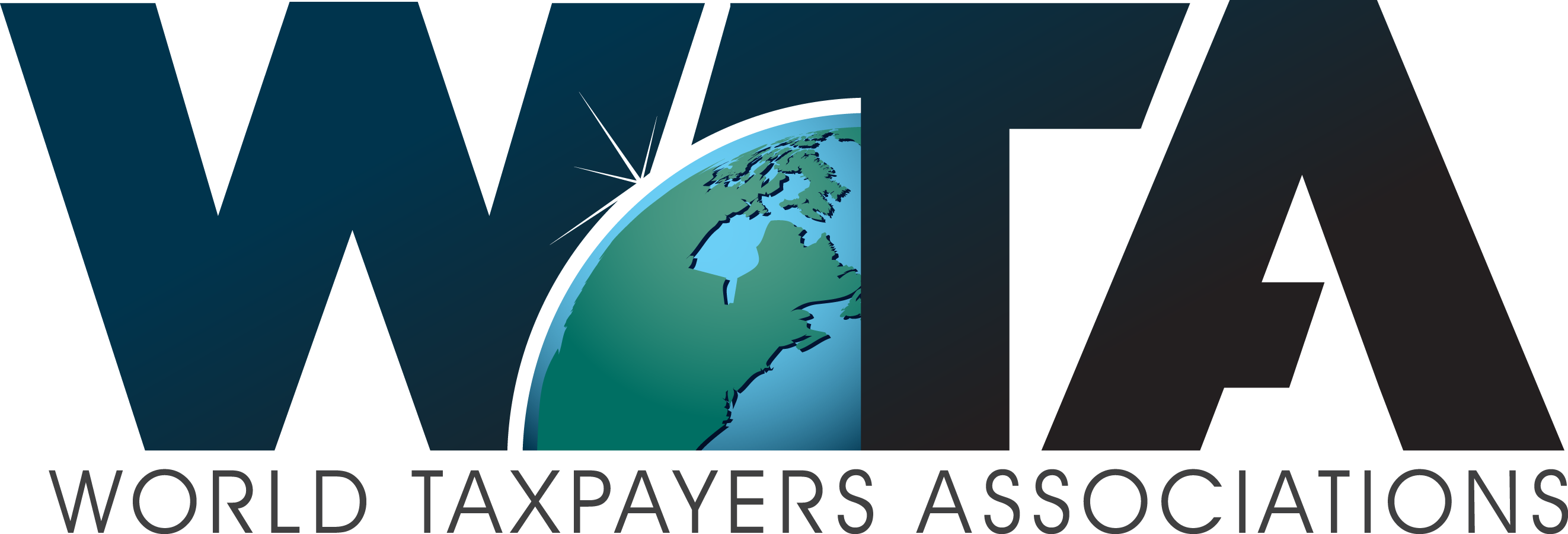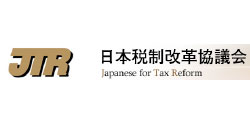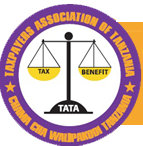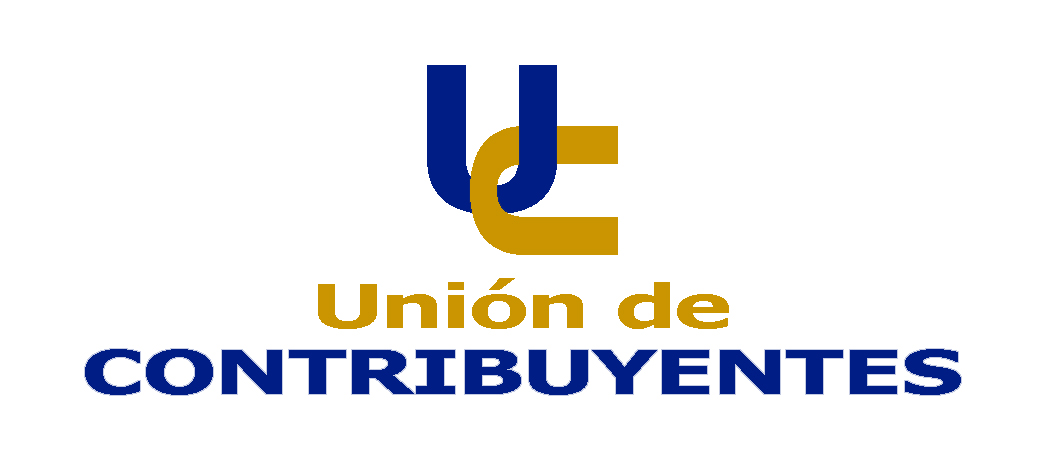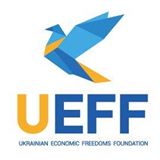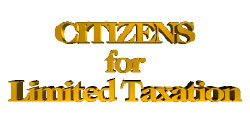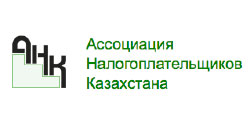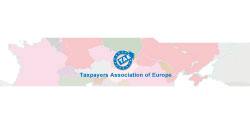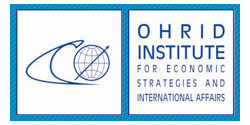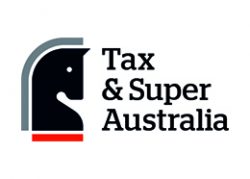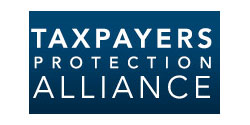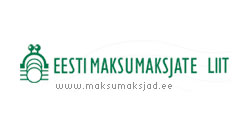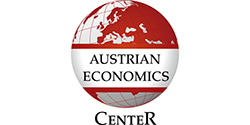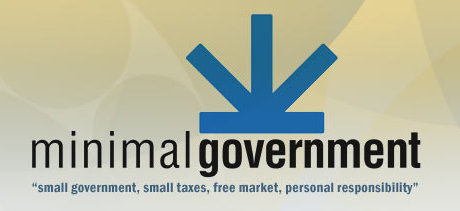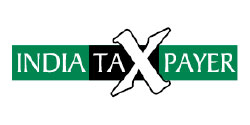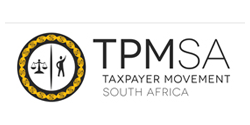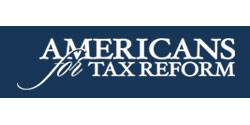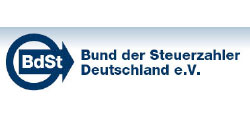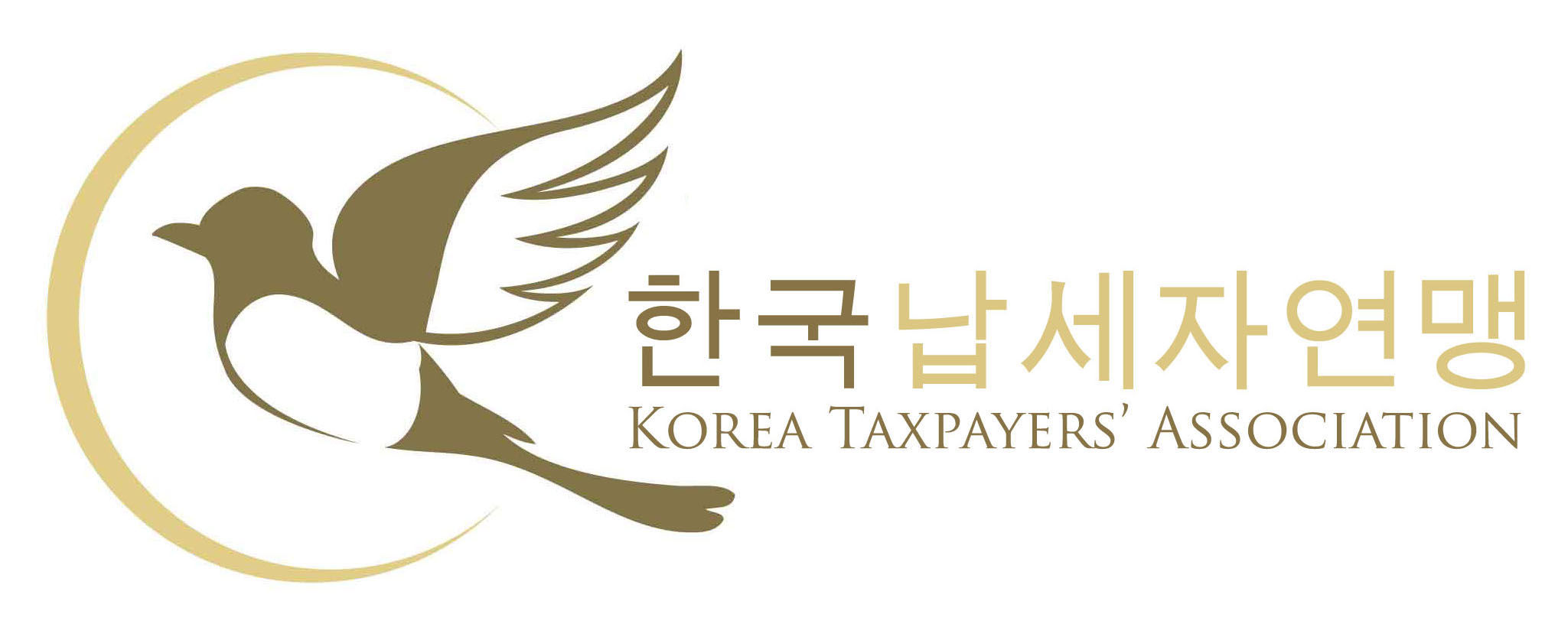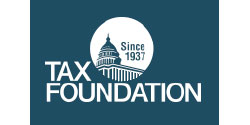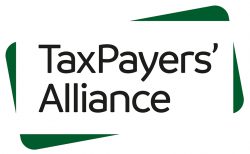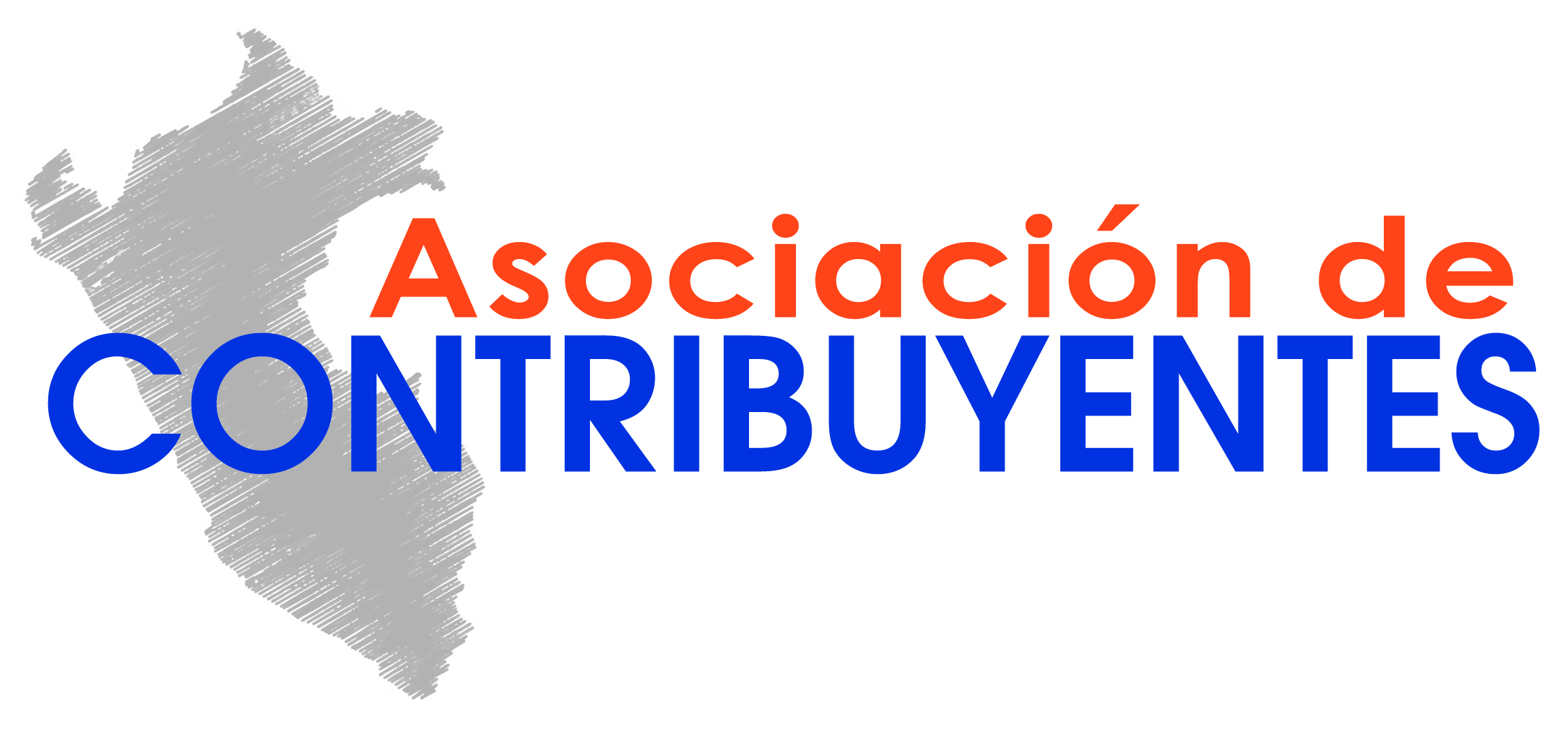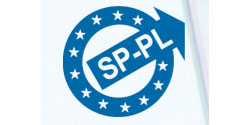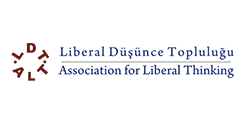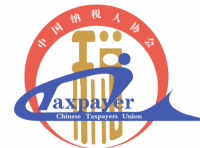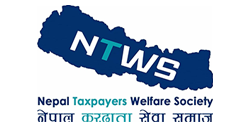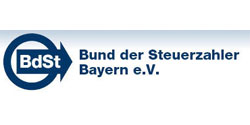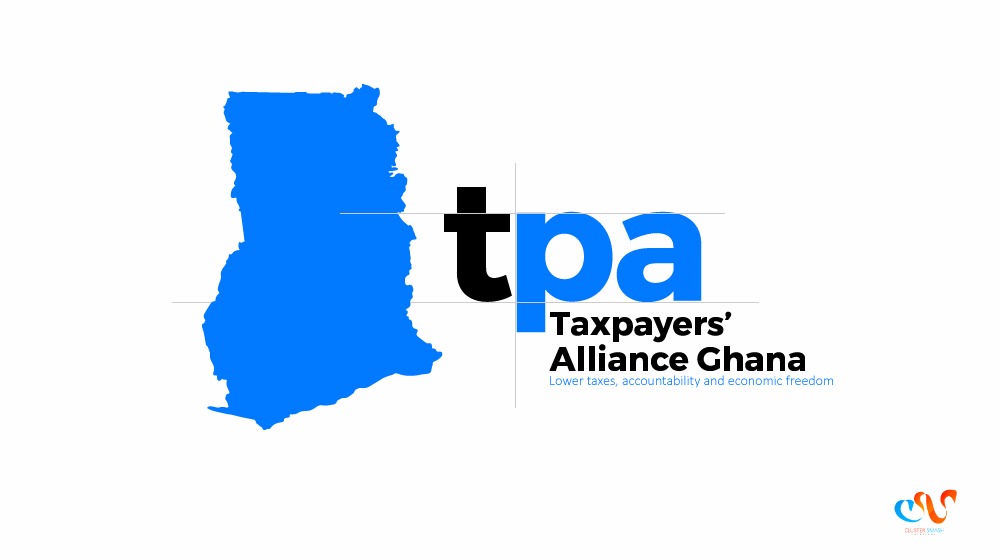
Letter from the Chairman, no 16
Stockholm December 19th 2015
Dear members and friends of the World Taxpayers Associations!
The news of an increase in interest rates from the Fed in the US is getting headlines this morning. What does it mean? The large economic answer is that in a normal economic cycle the consumer driven US economy picks up first, closely followed by the financially driven British economy. The countries depending on export of heavy, investment machinery lags 1.5-2 years behind, like Germany or Sweden. The difference today is of course the large importance of China both in the consumer and industrial side – and increasingly like the US depending on the attitude of the interior consumers.
The low price of oil also plays an important role – stimulating spending but holding back some investments. The Saudi rulers seem to want to keep the pressure on their political and religious opponents in Iran, Iraq, Syria – and Russia.
The new contacts between Russia and the US might be the road to peace in Syria. With a military cooperation between the US, EU and Russia in Syria the war could soon be over. But on the way, agreements would have to be made both on the future of the Assad regime in Syria and the Russian attitude and activities in eastern Ukraine. For 2016, it unfortunately seems that we will continue with the same uncertainties and problems.
On the Conference of Parties (COP21) final “agreement” (more of a letter of intent actually) companies are starting to get on the band wagon in a much larger scale not to be hurt by new policies and rather to get part of the government subsidies and investments in “green” projects. The economic rational seems to take a back seat as well as the effective use of tax money. The World Bank wants 100 billion dollars per year to invest in the developing world. The terms are more favorable than commercial loans, but most of the investments are still to be considered loans and make the receiving countries dependent on the support and directives of the Washington based institution and its 10,000 employees. More will be added to handle the increasing tasks. This may or may not be the fastest way to a higher living standard in these countries.
World Taxpayers Conference 2016 – 17-20th March 2016 – Berlin:
We are getting close to the end of the year, and we urgently want an indication of your interest and the dates you want to participate. The hotel rates definitely go up January 15th, so we are trying to at least make preliminary books for all who are interested. This will save you money and make the planning easier.
You have a summary of the conference themes and dates on our web page under https://worldtaxpayers.org/conferences-events/
Do write to Sarah Elliott at sarah.elliott@worldtaxpayers.org with “Interest in WTA Conference” in the subject line. Then we can catch your interest and can plan. Write as well if you have specific needs, are in need of some financial support to attend the conference etc. We have a few scholarship openings.
WTA Conference Scholarships:
Please contact Sarah Elliott, sarah.elliott@worldtaxpayer.
VISA Assistance for the WTA Conference:
Don’t wait until the last minute!
Do a need a Visa?
Please visit the following link for a list of countries whose citizens need a visa to enter Germany.
How do I apply for a visa?
Please visit the German Immigration Service website for general information about the requirements for applying for a visa and the application process.
Important note: A registration confirmation letter from Taxpayers Association of Europe be required when applying for a visa. Please see who to contact below.
When and where do I apply for a visa?
Please be aware that the visa application process can take a considerable amount of time. You may submit your visa application 3 months before your departure date to Germany; however, all necessary application paperwork must be obtained and completed in advance to ensure that you are prepared to submit your application exactly 3 months prior to departure.
Please consult the website of the relevant German Embassy for information about how and where to apply for visa. A list of all German Embassies can be found here
If you need Visa assistance from the conference organizers – please email Daniel Junker – d.junker@steuerzahler.de, and cc Michael.Jaeger@taxpayers-europe.org and sarah.elliott@worldtaxpayers.org with ”VISA Assistance – WTA Conference” in the subject line.
Speakers
We have a very high number of experts to discuss the main themes of international stability and conditions for economic growth, public private partnerships and the future of infrastructure investments, good governance in practice and currency issues including cross border taxation.
Some of our confirmed speakers include Mark Littlewood, Director General of the Institute of Economic Affairs (IEA) in the UK, Prof Neville Norman, Professor of Economics at the University of Melbourne, Laurent Picheral, CEO Hotel Services Central and Eastern Europe ACCOR Hotels, Dr. Joachim Nagel, Member of Board of the German Central Bank, and James Delingpole, journalist, author and broadcaster, winner of the Bastiat Prize for Journalism.
The seminar side gives a wide selection for your interests – from the latest in social media, to fundraising and even styling and appearance coaching.
The conference also gives a unique chance of broadening you contacts as the European Resource Bank will be part of our activities and with a separate pre program including leading international economic experts.
But the most important part might be the exchange you can have with like-minded persons in your general geographic area, the interchange and sharing of experiences and the facilitating of future contacts of great value for your organization.
Member activities
The Swedish Taxpayers are putting the finger on the large number of very expensive infrastructure projects. The politicians generally love these to make their mark, they usually run way over original budget and there is little analysis of smarter and cheaper alternatives. The latest “fad” is high-speed rail connections even though the upkeep of current train lines could be better…
Jonathan Isaby, Chief executive of the British Taxpayers Alliance writes in the Daily Telegraph and other papers about the need for a robust Freedom of Information Act. Read his article here (sorry for the long link add it together if broken…). http://www.telegraph.co.uk/news/politics/council-spending/12041981/Public-bodies-are-trying-to-destroy-Freedom-of-Information-the-same-law-that-holds-them-to-account.html?utm_source=TPA+Supporters&utm_campaign=aa33001bed-151023_TPA_Bulletin10_23_2015&utm_medium=email&utm_term=0_fded8e0455-aa33001bed-417856741&mc_cid=aa33001bed&mc_eid=6bad081cb4
The freedom of public information is an important key to more transparency and lower taxes.
OECD tax pressure figures
The OECD’s figures of the tax pressure, or taxes share of GNP, are published in this article in the Wall Street Journal. These figures are sometimes questioned as compulsory pension payments are in some countries included in the taxes and in countries like Germany and probably Sweden at least partly not included depending on how they are paid – included in the direct taxes, paid as a tax by the employer or as a compulsory payment by the tax payer.
With this in mind, the figures still give a good indication how taxes within a country change in totality and how the countries compare. Read more here:
http://blogs.wsj.com/economics/2015/12/07/how-the-low-tax-u-s-stacks-up-against-other-countries/
The Human Freedom Index – reference and reading
This is an important document comparing the state of freedom in 152 countries around the world based on a number of factors. It is produced by the Fraser Institute in Canada in cooperation with other organisations. You can download or even order a printed copy here:
http://www.cato.org/human-freedom-index
Do write to me or Sarah with any questions on the conference or with questions how we might help you in your efforts. We want you to benefit from our exciting network and its wealth of experience and connections!
Finally we want to wish you a great holiday period and look forward to even closer contacts – and seeing you in 2016!
Staffan
Staffan Wennberg
Chairman World Taxpayers Associations
staffan.wennberg@worldtaxpayers.org
Phone+ 46 708 15 04 95
Read the full letter